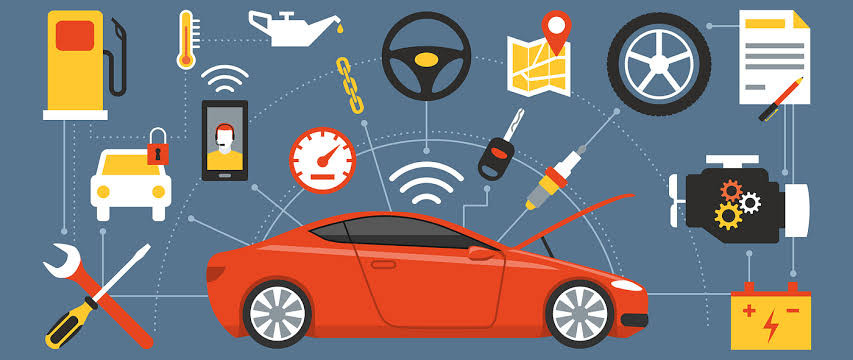Your car is a valuable asset that needs regular care and maintenance to keep it running smoothly and safely. But how do you know when and what kind of maintenance your car needs? In this article, we will give you some tips on how to schedule your automotive maintenance and what to look for in a good mechanic.
- The first step to schedule your automotive maintenance is to read the owner’s manual of your car. The owner’s manual is a booklet that comes with your car and contains important information about your car’s features, functions, and specifications. It also has a recommended maintenance schedule that tells you when and how often you should perform certain services, such as changing the oil, replacing the filters, checking the brakes, and rotating the tires. Following the owner’s manual’s maintenance schedule will help you prevent problems, extend the life of your car, and save money on repairs.
- The second step to schedule your automotive maintenance is to pay attention to your car’s performance and condition. Even if you follow the owner’s manual’s maintenance schedule, you may still encounter some issues that need to be addressed sooner or later. For example, you may notice some unusual noises, smells, or vibrations from your car, or some warning lights or messages on your dashboard. These are signs that something is wrong with your car and that you should take it to a mechanic as soon as possible. Ignoring these signs can lead to bigger and more expensive problems in the future.
- The third step to schedule your automotive maintenance is to find a reliable and trustworthy mechanic. A good mechanic is someone who has the skills, experience, and equipment to work on your car and who charges a fair and reasonable price. A good mechanic is also someone who listens to your concerns, explains the problem and the solution clearly, and does not pressure you to buy unnecessary services or parts. To find a good mechanic, you can ask for recommendations from your friends, family, or coworkers, or you can search online for reviews and ratings of local mechanics. You can also visit different shops and compare their prices, services, and facilities.
- The fourth step to schedule your automotive maintenance is to keep a record of your car’s service history. Keeping a record of your car’s service history will help you keep track of what has been done to your car and when, and will also help you plan for future maintenance. You can keep a record of your car’s service history by using a notebook, a spreadsheet, or an app on your phone. You should write down the date, mileage, service type, cost, and any other details of each service. You should also keep the receipts and invoices of the services, as well as the old parts that have been replaced. This will help you prove that you have maintained your car well and that you deserve a higher resale value if you decide to sell your car.
By following these steps, you can schedule your automotive maintenance and keep your car in good shape. Remember that regular maintenance is not only good for your car, but also for your safety and comfort. A well-maintained car will run better, last longer, and save you money on gas and repairs. So don’t delay, schedule your automotive maintenance today.

Comments (0)
Please login to join the discussion
Be the first to comment on this article!
Share your thoughts and start the discussion